One hundred years ago, in May, the first race amity conference in the United States was held in Washington, D.C., by the American Baha’i community, a defining moment on the path toward racial unity in the country.
The description on the program read, in part: “Half a century ago in America slavery was abolished. Now there has arisen need for another great effort in order that prejudice may be overcome. Correction of the present wrong requires no army, for the field of action is the hearts of our citizens.”
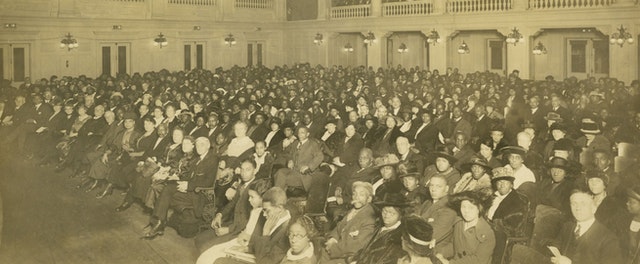
To mark the centenary of that historic gathering, the U.S. Baha’i Office of Public Affairs brought together academics, civil society leaders, and other social actors for a three-day online symposium titled Advancing Together: Forging a Path Toward a Just, Inclusive and Unified Society.
“For those of us gathered here today, we are conscious that we are engaged in a process aimed at profound organic change in the very structure of society,” said P.J. Andrews of the Office at the gathering.
“The change required to create justice in the country,” he continued, “is not only social and economic but moral and spiritual.”
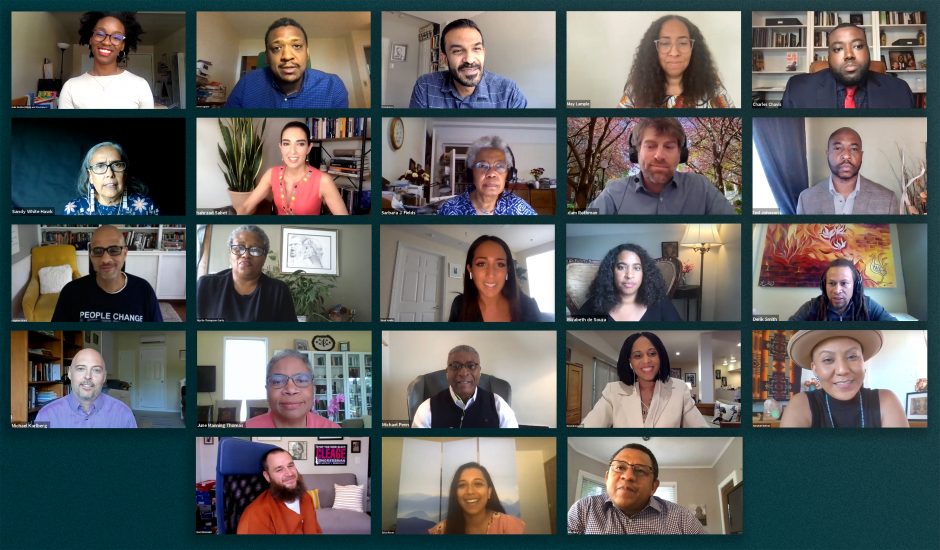
The latest episode of the Baha’i World News Service podcast provides highlights from the symposium at which panelists discussed topics including the role of language in fostering a sense of shared identity, the relationship between truth and justice, and the need to address systemic changes in efforts toward social justice.
Woven throughout the conversations at the gathering was the spiritual principle of the essential oneness of humanity. Drawing on the Baha’i teachings, May Lample, also of the Baha’i Office of Public Affairs, stated: “Any movement that seeks to eradicate all forms of racism from our society has to be predicated on a notion that all human beings are in their essence the same, that they are deserving of dignity, that they possess unique skills and abilities, and that they are worthy of safety and security.
“And without an understanding of our oneness and interconnectedness our differences appear too vast, rather than adding necessary and valuable complexity and beauty to our lives.”This symposium was part of an ongoing contribution of the Baha’i Office of Public Affairs in the United States to the discourse on race unity. Recordings of discussions at the symposium can be viewed here.


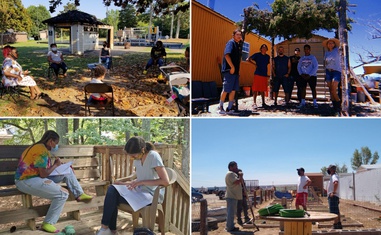



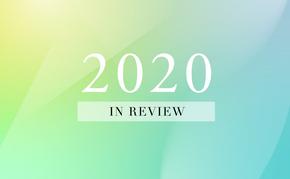
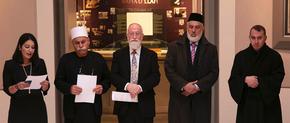









Comments
Sign in or create an account
Continue with Facebookor